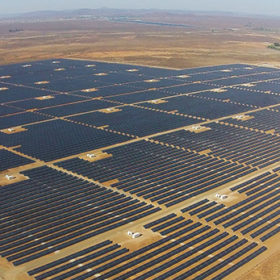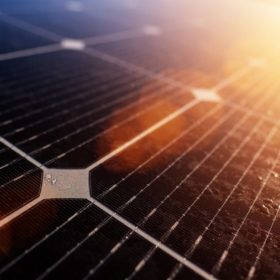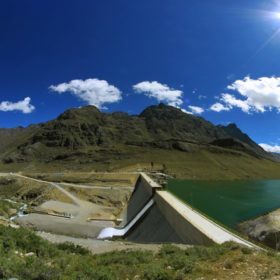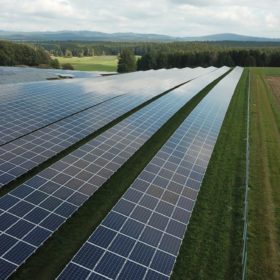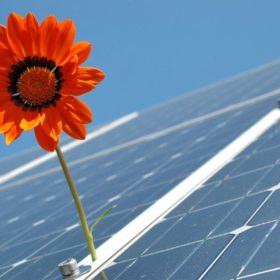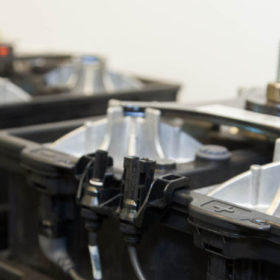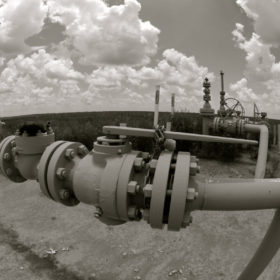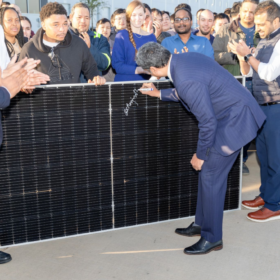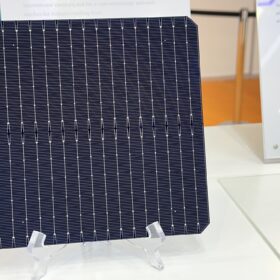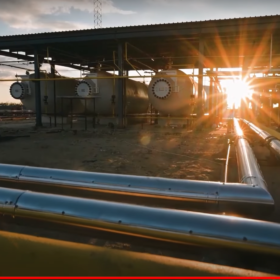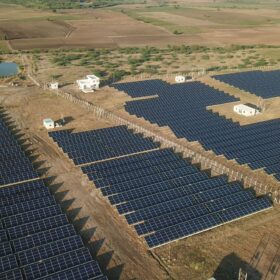Sterling and Wilson to build solar+storage hybrid power plant in Niger
The latest project is another African opportunity for the India-based EPC player after successfully commissioning Nigeria’s first solar-plus-storage hybrid power plant, which is also Africa’s largest battery energy storage system.
Hydrogen needs strong public-private support with policies in place
India is in mission mode on researching different aspects of the hydrogen economy, including hydrogen production, storage and utilization for stationary, power generation and transport applications. The need is to demonstrate the scaled versions at a faster rate.
India’s wind-solar hybrid capacity could grow 80 times in three years
A new report by the Institute for Energy Economics and Financial Analysis (Ieefa) and JMK Research estimates India to have about 11.6 GW of operational wind-solar hybrid capacity by 2023.
American firm ArcVera enters Indian solar market
The Colorado-based firm has set up an office in Bengaluru to deliver consulting and technical expertise to local developers and investors in solar, wind and hybrid projects, including energy storage.
How long will the lithium supply last?
Researchers have sounded the alarm. If no serious efforts are made on second-life battery use, recycling and vehicle-to-grid applications, decarbonization efforts may hit the buffers a lot sooner than expected.
NREL scientists estimate global potential of hydro-linked floating PV at up to 7.5 TW
The U.S. based researchers said linking solar with hydro in a full hybrid system configuration may result – at best – in the deployment of 7,593 GW for an estimated annual power generation of 10,616 TWh and a 20% reservoir coverage. And combining solar with hydro in this way brings further benefits, including improved system operation at different time scales, more opportunities for storage thanks to pumped hydro, increased utilization rates of transmission lines, reduced PV curtailment, and lower interconnection costs and water evaporation.
SECI invites global bids for 100 MW solar with storage in Chattisgarh
The ground-mounted, grid-connected project—to be developed in turnkey mode—shall be awarded through international competitive bidding followed by reverse auction. Bidding closes on October 27.
Study explores feasibility of North India’s renewables transition
The region could, by 2050, cut greenhouse gas emissions from power, heat, transport and desalination which are expected to add up to more than 825 metric tons of carbon dioxide equivalent this year. Such a transition could be perfectly possible, technically and financially.
C-MET seeks co-funding partner for lithium and sodium-ion battery cell manufacturing
The selected party will provide funding support of Rs 4 crore by way of design and development of machinery for lithium- and sodium-ion battery cell manufacturing. September 30 is the deadline to submit the interest.
Global green hydrogen project pipeline reaches 50 GW
International thinktank IEEFA says there are 50 viable green hydrogen projects under development with an estimated renewable energy capacity of 50 GW and the potential to produce 4 million tonnes of the fuel annually.
